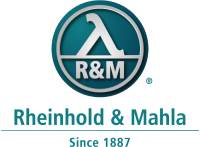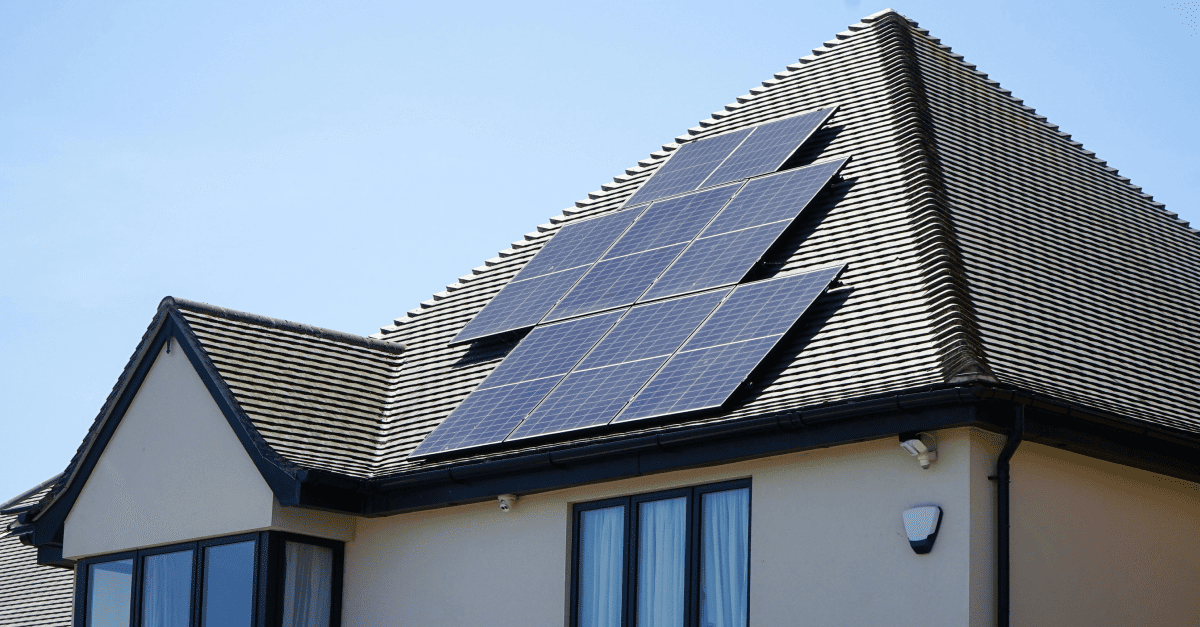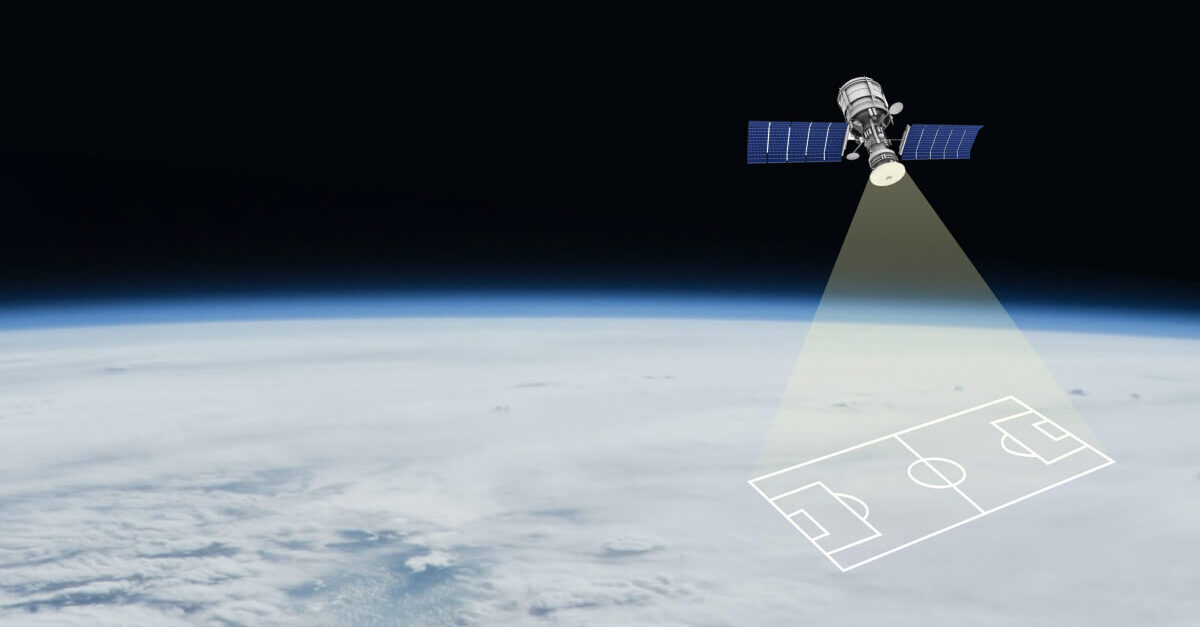10% energy savings for marine HVAC systems with zero manual intervention

Rheinhold & Mahla partnered with Proekspert to deploy machine learning and IoT data for predictive HVAC control on RoPax class ferries. The new system reduced energy consumption by 10% and enabled real-time, data-driven decisions without manual intervention.

Significant Energy Savings for Rheinhold & Mahla
Approximately 80% of HVAC (heating, ventilation and air conditioning) systems use proportional-integral-derivative controllers (PID) for modulated control. PID control logic is easy to implement. However, experience shows that in most cases, the technology lacks efficiency in its control method. This is because responsive decisions are made reactively.
Commercial buildings consume significant energy, making HVAC optimization crucial for energy savings and improved building efficiency.
The rapid development of IoT technologies allows for easy data collection using the HVAC system. This enables building predictive models that help proactively control the system, lowering energy bills. System reliability is critical to HVAC optimization, ensuring consistent air quality and comfort while reducing energy consumption and costs.
In cooperation with Rheinhold & Mahla, a marine industry powerhouse, Proekspert devised an HVAC control solution that uses model predictive control to enhance system performance through hvac system optimization.
Our HVAC Equipment: Tools of Wizardry
The HVAC systems were analyzed in several stages. Exploratory Data Analysis (EDA) was initially implemented to identify the available data and determine its quality. The importance of air quality in HVAC optimization was also considered, as it plays a critical role in maintaining healthy indoor environments.
The analysis also included evaluating the heating system alongside the cooling system to ensure precise temperature control in sensitive environments. When the EDA was performed, crew behavior was noted, such as changing the chillers’ setpoints. This resulted in an increase in power consumption. Moreover, problems with the system design, like low delta T syndrome, were found throughout the analysis.
After the EDA was complete, the second stage of the analysis was performed. The second stage focused on the work process, efficiency, and potential improvement of the HVAC system. The role of air source heat pumps in enhancing energy efficiency was also examined. To increase the efficiency and the effectiveness of the analysis, Proekspert executed interactive visualizations that offered new viewpoints for the existing designed system, which for the first time made visible how the system lives and breathes on operational conditions. Monitoring HVAC system performance is crucial for predictive maintenance, leading to cost savings and improved energy efficiency.
Correlation Analysis was performed in the next phase to understand how the system reacted to changes and how different parts, including the cooling system, affected each other. Proekspert created a model predictive control method based on the collected knowledge and observations. This method used grey and black box system identification techniques to acquire a model for simulating the system’s future states. The simulation models enabled optimization problem formulation, which resulted in HVAC savings. Energy monitoring was also highlighted as a key benefit, providing centralized control and data analytics to enhance performance.
Proekspert worked on a pilot on two RoPax class ferries. Using R&M’s domain knowledge and Proekspert’s technical experience, a solution was devised that gathers data remotely from the vessels, uses trained models to simulate different control decisions, and sends the optimal decision to a local PLC communicating the command to a device.
- Despite only a few months of operational data, the prediction models already achieve a great deal of accuracy. The temperature in arbitrary rooms can be predicted with an uncertainty of merely 0.2°C.
- Energy use of large devices like chillers is linked to weather and internal configurations. Using predictive models, a control policy outperforms the current one by 10% of total energy consumption.
- Control decisions (such as room temperature setpoint) are performed autonomously, i.e., not requiring human intervention. However, if the need arises, setpoints can be overridden by the crew.
The HVAC Optimization case is published by Labs Network Industrie 4.0 and publicly introduced by Dr. Dominik Rohrmus (Head of the research group Manufacturing Systems at Siemens Corporate Technology, Germany).
Reducing energy consumption with HVAC optimization system performance
What Is HVAC Energy Efficiency?
Energy efficiency in HVAC systems is about maximizing the performance of heating, ventilation, and air conditioning units to make them more energy efficient. It aims to optimize operations to reduce energy consumption without compromising indoor air quality, temperature, humidity, or pressure levels. This careful balance ensures that while energy usage decreases, the functionality and comfort of HVAC systems remain unaffected.
Minimizing energy waste in HVAC systems is crucial for achieving significant energy savings and preventing unexpected system failures.
Why Prioritize HVAC Energy Efficiency?
HVAC systems represent a significant portion of energy usage in buildings, especially when considering the roles of chillers and boilers. Any substantial attempt to reduce energy costs and carbon emissions must prioritize HVAC efficiency. A successful HVAC optimization project involves maintaining system reliability, presenting energy usage data, and having a clear project plan, all of which are critical elements that contribute to achieving maximum savings and operational benefits from HVAC systems. This aligns with sustainability goals and economic and environmental targets, making it an indispensable aspect of modern facility management.
What Are The Benefits of an Efficient HVAC System?
Boosting the HVAC system’s efficiency brings many benefits that improve your building’s green credentials and day-to-day operations. Let’s dive into the key advantages of making your HVAC system more efficient:
- Cut down on costs: The standout advantage of a more efficient HVAC system is the substantial cut in energy bills. By fine-tuning operations and cutting down on waste, you’ll see a significant drop in expenses, contributing to smarter, cost-effective building management.
- Reduce carbon footprint: In our eco-aware society, slashing carbon emissions is necessary for any business. A streamlined HVAC system helps you do just that by using less energy and, in turn, emitting less. It’s a big step towards meeting sustainability goals and moving closer to net-zero targets.
- Ensure reliable operations: An efficient HVAC system means less downtime and more consistent operation. System reliability is crucial in keeping facilities running smoothly and avoiding productivity losses due to equipment failures or maintenance issues.
- Extend equipment life: Efficient operations mean less stress on your HVAC components, extending their lifespan. This saves you from frequent replacements and promotes a more sustainable approach by reducing waste.
- Boost indoor air quality: A well-optimized HVAC system ensures the right balance of ventilation, temperature, and humidity, leading to improved indoor air quality. This can boost productivity and reduce health complaints among building occupants.
- Increase occupant satisfaction: All these improvements lead to happier tenants or employees. Satisfied occupants are likelier to stay, contributing to stable occupancy rates and a positive work environment.
- Build a better reputation: Showcasing your commitment to efficiency and occupant well-being can enhance your building’s appeal to future tenants and employees who value sustainability and quality of life.
Investing in HVAC efficiency leads to immediate financial and operational gains and plays a crucial role in building a sustainable, productive environment for everyone. It highlights why prioritizing energy efficiency in your HVAC management is wise.
Speak to Proekspert about your HVAC systems and how we can save you energy.
The HVAC Optimization case is published by Labs Network Industrie 4.0 and publicly introduced by Dr. Dominik Rohrmus (Head of the research group Manufacturing Systems at Siemens Corporate Technology, Germany).
Related case studies
Our case studies give an insight into how human-oriented design principles will help product companies persuade customers to go on a journey with smart, connected products.
Share your challenge with us
Thank You!
Your message has been sent. Our team will get back to you as soon as possible!







